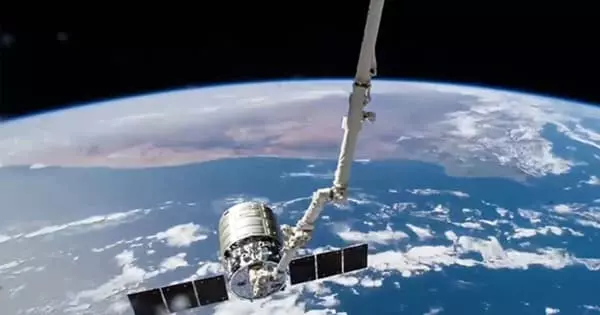Man is one of many different types of life forms that exist on this planet. Since the first man arrived on this sphere, he has adapted and used his intelligence to thrive and multiply. He is now the dominant species on Earth. Curiosity is one feature that distinguishes Man from animals. In this essay, we are concerned about his curiosity about new places, which is fueled by his desire to explore.
To some extent, the Earth has been thoroughly explored. Mountains, oceans, deserts, rivers, and forests are all habitats that humans have explored in order to satisfy their curiosity and achieve specific goals.
Mount Everest was scaled to satisfy Man’s ego in reaching the highest mountain, just as attempting to cross the Sahara desert or reach the North Pole was a testament to Man’s resourcefulness, determination, and bravery. Natural scientists went on expeditions to the Amazon rainforests and the Galapagos Islands. Colonial powers such as Portugal, England, and Spain traveled to India, America, and China to trade, seek glory, proselytize their religions, or simply conquer new lands. Colonies were established in this manner, as were empires such as the British or French. Man’s need for dominion (the Whites subjugated the Red Indians) and the need for new lands for settlers shaped entire countries like the United States.
Antarctica is a mostly uninhabited continent with many unexplored areas. Because the extreme landscape is largely unlivable, most scientists and researchers who spend time in Antarctica live in areas near research stations.
Man has explored and mapped this planet so thoroughly that it appears he has practically covered every inch of it. But this is not the case. There is always a section of a forest, ocean, river, or desert just waiting to be discovered. However, we can safely say that he now controls almost every habitable part of the planet. This is understandable given his need for arable land to feed a growing population.
So, what is his next step? The expanse above his head, the skies above, or what is known as space, is the answer. Of course, some argue that he can explore what lies beneath the Earth, but exploratory expeditions and studies have convinced many that the land below is mostly inhospitable, consisting of hot rocks, soil, gases, and lava. The space above seems to beckon more invitingly and has a more glamorous allure.
Space has always piqued Man’s interest. Not only are planets in orbit being discovered, but unknown worlds are also beckoning. Is there life on other planets? Is there life in outer space? Can Man solve the problems caused by his growing population by looking into possible inhabitable colonies? In addition, scientific investigations such as gravity research or the study of organisms are possible in space.
The Cold War between the United States and Russia in the 1960s was more than just a race for military supremacy. There was a sense of national pride involved as each country competed to be the first to land a man on the Moon. The Apollo mission, which landed the first man on the Moon in 1969, brought the struggle to a close and was a sweet victory for the Americans. The end of the Cold War, combined with financial constraints, has resulted in a decrease in space travel for strategic and scientific purposes.
Nonetheless, space holds a lot of promise for humanity. Planetary probes and cameras have recently discovered evidence of water on Mars, raising hopes for the existence of life on the planet. Space stations where humans can live and work while orbiting for extended periods of time, such as those built by the Russians, increase the possibility of humans living in space. The need becomes more pressing as more areas of the planet become uninhabitable due to pollution and desertification.
Telecommunications satellites provide business benefits in space, while military and weather satellites are critical to nations. Space laboratories could provide significant scientific benefits. And then there’s the ultimate scientific goal: can they find aliens in space?
Space calls, and the possibilities are limitless. Man has almost completely explored his planet, and space is the only option for further exploration. It’s also the most thrilling!
















